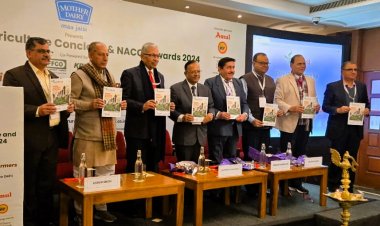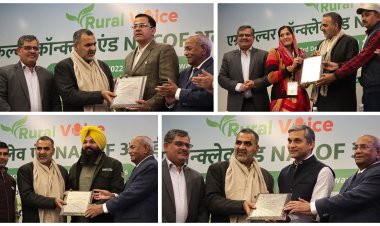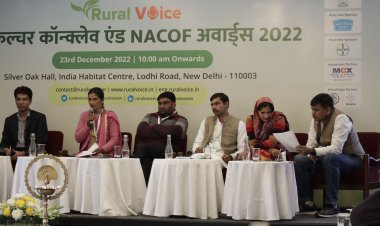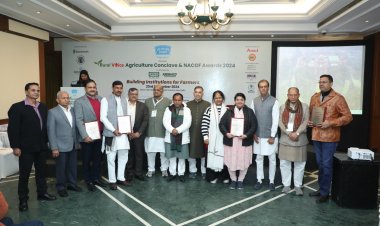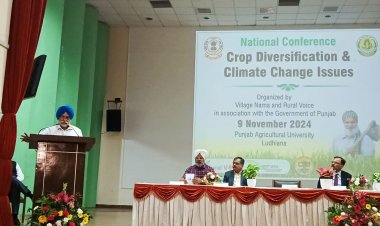Gene editing rules simplified for UK researchers; India yet to decide
Scientists across England will be able to undertake plant-based research and development, using genetic technologies such as gene editing, more easily. The rule changes have been made possible by Brexit, the UK’s departure from the EU. Policymakers in India need to decide whether we should go the UK way or wait like the EU.

According to the Department for Environment, Food & Rural Affairs (DEFRA) of the United Kingdom (UK), new legislation will be put in place to cut unnecessary red tape for gene editing. This will help the UK farmers grow more resistant, nutritious and productive crops.
Scientists across England will be able to undertake plant-based research and development, using genetic technologies such as gene editing, more easily. The rule changes have been made possible by Brexit, the UK’s departure from the EU.
Precision breeding of plants through gene editing is banned in the EU following a 2018 ruling by the European Court of Justice, which found these techniques are subject to the 2001 EU directive banning genetically modified organisms (GMOs). However, there are studies that say “the GMO directive is not up to date with new technologies.” But environmentalists and organic farmers in the EU say modified crop plants should continue to be labelled as GMOs.
The new rules in the UK, says DEFRA, will apply to plants where gene editing is used to create new varieties similar to those which could have been produced more slowly through traditional breeding processes.
Harnessing the genetic resources that nature has provided through genetic technologies will create new opportunities for farmers to grow more resilient crops. This will support the development of new and innovative ways to protect the environment, such as significantly reducing the use of pesticides and herbicides. Another potential benefit includes making crops more resistant to adverse weather and climate change.
UK Minister for Agri-Innovation and Climate Adaptation Jo Churchill says, “New genetic technologies could help us tackle some of the biggest challenges of our age – around food security, climate change and biodiversity loss.”
However, all scientists undertaking research with genetic technologies will have to continue to notify DEFRA of any research trials. For now, gene-edited plants will still be classified as GMOs and commercial cultivation of these plants, and any food products derived from them, will still need to be authorized in accordance with existing rules.
Gene editing differs from genetic modification, as it allows beneficial traits to be produced without DNA from other species. Instead, the technology enables breeders and scientists to follow processes that mimic natural breeding.
The technique of gene-editing will prove to be useful in producing crops like sugar beet resistant to Virus Yellows, wheat without asparagine (a probable cancer-causing compound), mildew-resistant tomatoes and disease-resistant bananas.
In India, the policy on gene editing seems to have fallen prey to politics. The SDN1 and SDN2 categories, as per the Department of Biotechnology (DBT) guidelines, should be exempted from the appraisal of the Genetic Engineering Appraisal Committee (GEAC). This would help Indian agriculture accelerate the process of reaping benefits from science. Unlike transgenic crops, there are no foreign genes involved in SDN1 and SDN2 categories.
Unfortunately, the Ministry of Environment, Forest and Climate Change (MoEFCC) seems to believe otherwise. According to it, consent for field trials from the state concerned is also necessary. And it, therefore, has sent a letter to the states seeking their opinion in this regard. The matter seems to have got stuck.
Policymakers in India need to decide whether we should go the UK way or wait like the EU. Not that we stand anywhere in comparison to the EU when it comes to prosperity. Time is crucial for India.



 Join the RuralVoice whatsapp group
Join the RuralVoice whatsapp group






























